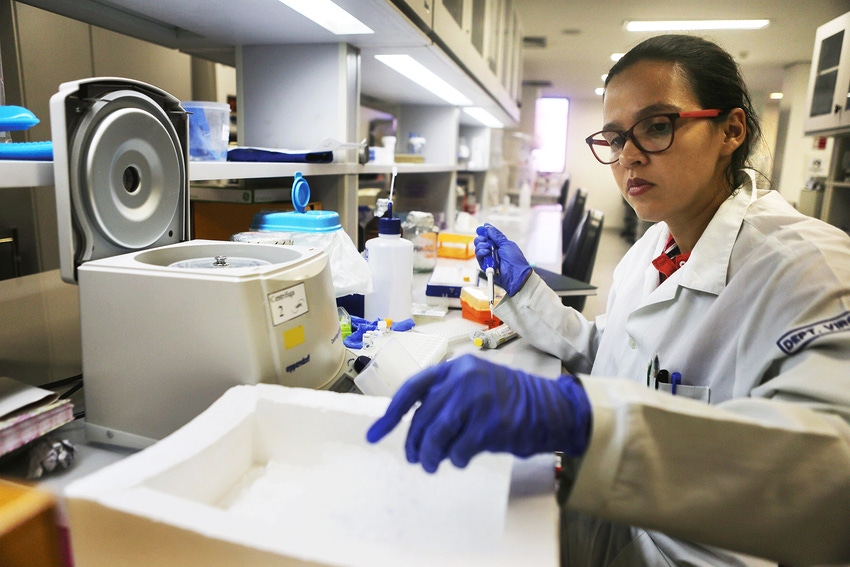September 2, 2020

The U.S. Environmental Protection Agency has proposed a rule to streamline the regulation of certain plant-incorporated protectants (PIPs) that pose no risks of concern to humans or the environment. This action – which will be available for public comment for 60 days – delivers on a key directive under President Trump’s Executive Order on Modernizing the Regulatory Framework for Agricultural Biotechnology Products.
“This new rule will provide critical new tools for America’s farmers as they work to increase agricultural productivity, improve the nutritional value and quality of crops, fight pests and diseases, and boost food safety,” said EPA Administrator Andrew Wheeler.
"Innovations in plant breeding, like gene editing, hold immense promise to increase agricultural productivity and sustainability, and strengthen our rural economy," said Bill Gordon, American Soybean Association president and soybean grower from Worthington, Minn. "Clarifying vision from the Environmental Protection Agency on its regulatory approach to these innovations will be essential in providing researchers, developers, growers, and other stakeholders with a greater expectation on what the market pathway will look like for these much-needed tools. ASA welcomes the publication of this proposed rule and looks forward to reviewing it and working with EPA in the days to come to achieve the best possible outcomes to support agricultural innovation.”
"Over the history of plant breeding, breeders have reliably integrated evolving techniques with long-established practices to safely and effectively meet the changing needs of farmers, consumers, and the environment," said American Seed Trade Association President and CEO Andy LaVigne. "Today, we face unprecedented challenges that threaten the future of our planet and food supply; and it’s more critical than ever that U.S. farmers have access to the latest innovations, like gene editing, to keep pace with the challenges of today and the future."
Specifically, EPA is proposing exemptions under the Federal Insecticide, Fungicide and Rodenticide Act (FIFRA) and the Federal Food, Drug and Cosmetic Act (FFDCA) for certain PIPs created through biotechnology. The agency has preliminarily determined that these substances meeting the exemption criteria have no risks of concern to humans or the environment.
EPA’s proposed exemptions for PIPs created through biotechnology seek to facilitate the development of new tools for American farmers to control agricultural pests. By reducing regulations that restrict access to the market for biotechnology products, these types of agricultural innovations will become more accessible to American farmers.
PIPs are pesticidal substances produced by plants and the genetic material necessary for the plant to produce the pesticidal substance. The existing regulatory exemption for PIPs is limited to those created through conventional breeding. The proposed exemption would allow for PIPs created through biotechnology to also be exempt from existing regulations if they 1) pose no greater risk than PIPs that meet EPA safety requirements, and 2) could have been created through conventional breeding.
Under the proposed exemption, EPA would require developers of PIPs to submit either a self-determination letter or a request for EPA confirmation that their PIP meets the criteria for exemption. For increased flexibility in bringing PIPs to market, a developer could also submit both.
To learn more about the proposed exemption and to submit comments visit: https://www.epa.gov/regulation-biotechnology-under-tsca-and-fifra/pesticides-exemptions-certain-plant-incorporated
Source: EPA, which is solely responsible for the information provided and is wholly owned by the source. Informa Business Media and all its subsidiaries are not responsible for any of the content contained in this inform
You May Also Like




